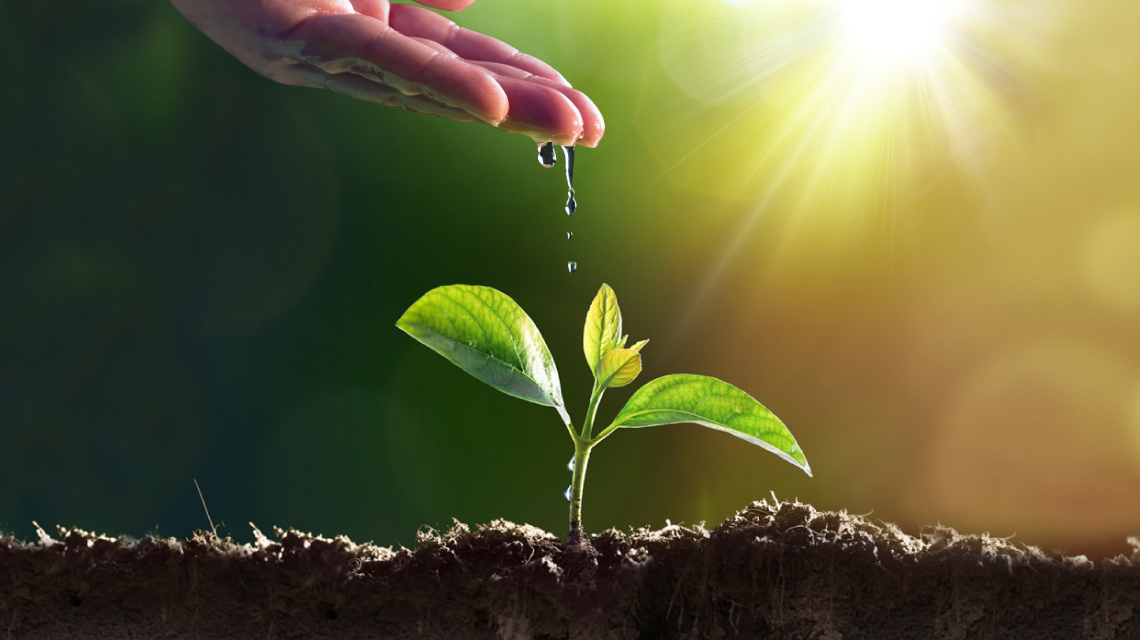Introduction
The Green Revolution, a period of significant agricultural advancements in the mid-20th century, transformed the way we cultivate crops and meet the growing demand for food. Two key innovations that emerged during this time were water descaling and seed modification. These breakthroughs played a crucial role in increasing agricultural productivity, improving crop yields, and addressing global food scarcity. In this article, we will delve into the concept of the Green Revolution, explore the significance of water descaling and seed modification, and discuss their impact on modern agriculture.
Understanding the Green Revolution
The need for increased food production
The Green Revolution was a response to the pressing need for increased food production due to a rapidly growing global population. Traditional farming methods were struggling to keep up with the demand, leading to concerns about food scarcity and widespread hunger. The Green Revolution aimed to address these challenges by introducing new agricultural technologies and practices.
The role of technological advancements
Technological advancements, such as water descaling and seed modification, played a crucial role in the success of the Green Revolution. These innovations allowed farmers to achieve higher crop yields, combat pests and diseases, and optimize water usage, ultimately leading to a significant increase in food production.
Water Descaling: Enhancing Agricultural Efficiency
Understanding water descaling
Water descaling is a process that involves removing mineral deposits, such as calcium and magnesium, from irrigation water. These minerals, known as “hard water,” can negatively impact soil fertility and crop growth. By dealing with water, farmers can improve the quality of irrigation water and enhance agricultural efficiency.
Benefits of water descaling in agriculture
Water descaling offers several benefits in agriculture. Firstly, it helps prevent the accumulation of mineral deposits in soil and irrigation systems, which can clog pipes and reduce water flow. Secondly, descaled water allows for better nutrient absorption by plants, leading to improved crop growth and yield. Lastly, descaling helps reduce the need for chemical fertilizers, as it promotes soil health and nutrient availability.
Techniques for water descaling
There are various techniques available for water descaling, including reverse osmosis, ion exchange, and chemical precipitation. Each method has its advantages and is suitable for different scales of operation. Farmers can choose the most appropriate descaling technique based on their specific needs and available resources.
Seed Modification: Enhancing Crop Traits
Understanding seed modification
Seed modification, also known as genetic engineering or genetic modification (GM), involves altering the genetic makeup of plants to enhance desirable traits. This process allows scientists to introduce specific genes into crops, enhancing their resistance to pests, diseases, and environmental conditions.
Benefits of seed modification in agriculture
Seed modification offers numerous benefits in agriculture. It allows for the development of crops with improved resistance to pests and diseases, reducing the need for chemical pesticides. Additionally, modified seeds can be engineered to tolerate harsh environmental conditions, such as drought or salinity, enabling farmers to cultivate crops in previously unsuitable areas. Moreover, seed modification can enhance nutritional content, creating more nutritious and healthier food options.
Techniques for seed modification
Several techniques are employed for seed modification, including gene editing, gene silencing, and gene transfer. These techniques involve precise manipulation of plant DNA to introduce or modify specific genes. Through these processes, scientists can enhance desired traits and develop crops with improved characteristics.
The Impact of Water Descaling and Seed Modification
Increased agricultural productivity
Water descaling and seed modification have had a significant impact on agricultural productivity. By improving water quality and efficiency, water descaling has allowed farmers to optimize irrigation practices and achieve higher crop yields. Similarly, seed modification has led to the development of crops that are more resilient, productive, and resistant to pests and diseases. These advancements have contributed to increased food production and better food security.
Environmental sustainability
Water descaling and seed modification also promote environmental sustainability in agriculture. By reducing the need for chemical fertilizers and pesticides, these techniques help minimize the environmental impact of farming practices. Additionally, improved water efficiency through descaling reduces water wastage, making agriculture more sustainable and reducing the strain on water resources.
Challenges and concerns
While water descaling and seed modification offer numerous benefits, they are not without challenges and concerns. Some critics raise concerns about the potential environmental and health impacts of genetically modified crops. Additionally, the accessibility and affordability of descaling technologies can be a barrier for small-scale farmers in developing regions. It is essential to address these concerns and ensure that these technologies are deployed responsibly and ethically.
Conclusion
The Green Revolution brought about significant changes in agriculture, revolutionizing the way we produce food. Water descaling and seed modification played a crucial role in increasing agricultural productivity, improving crop yields, and addressing global food scarcity. These innovations continue to shape modern agriculture, offering sustainable and efficient solutions for feeding the growing global population. As we move forward, it is crucial to balance the benefits of these technologies with responsible and ethical practices to ensure a sustainable and secure food future for generations to come.





